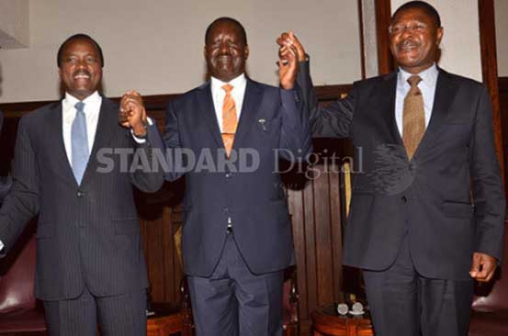×
The Standard e-Paper
Fearless, Trusted News

Dozens of opposition leaders who defected from their mother political parties to join the Jubilee Party (JP) are hanging on a dangerous political cliff.
Analysts say the defectors have twice as much challenge as their ex-Jubilee coalition colleagues.